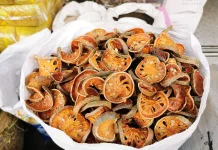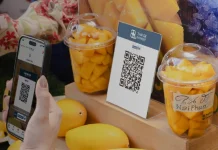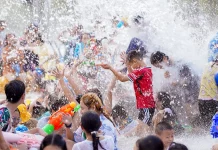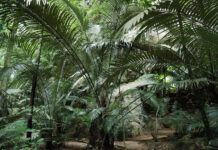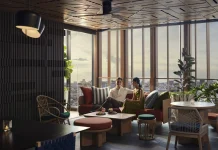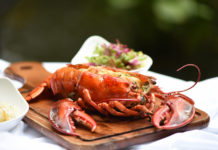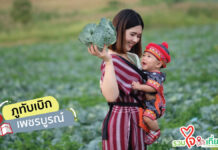Bangkok’s historic Sanam Luang square has transformed into a grand stage for Thailand’s New Year celebration, as the Maha Songkran World Water Festival 2025 kicked off in full force.
Organised by the Tourism Authority of Thailand, the five-day event is the centrepiece of this year’s Songkran festivities, drawing thousands of visitors to one of the city’s most iconic public spaces.
From 11 to 15 April, the broad expanse beside Ratchadamnoen Avenue and the Grand Palace plays host to a packed schedule of parades, drone light shows, cultural performances and concerts—interspersed with the joyful water fights that define the festival. The celebration, which marks the traditional Thai New Year, is a mix of ancient customs and modern spectacle, and this year’s edition has gone bigger than ever before.
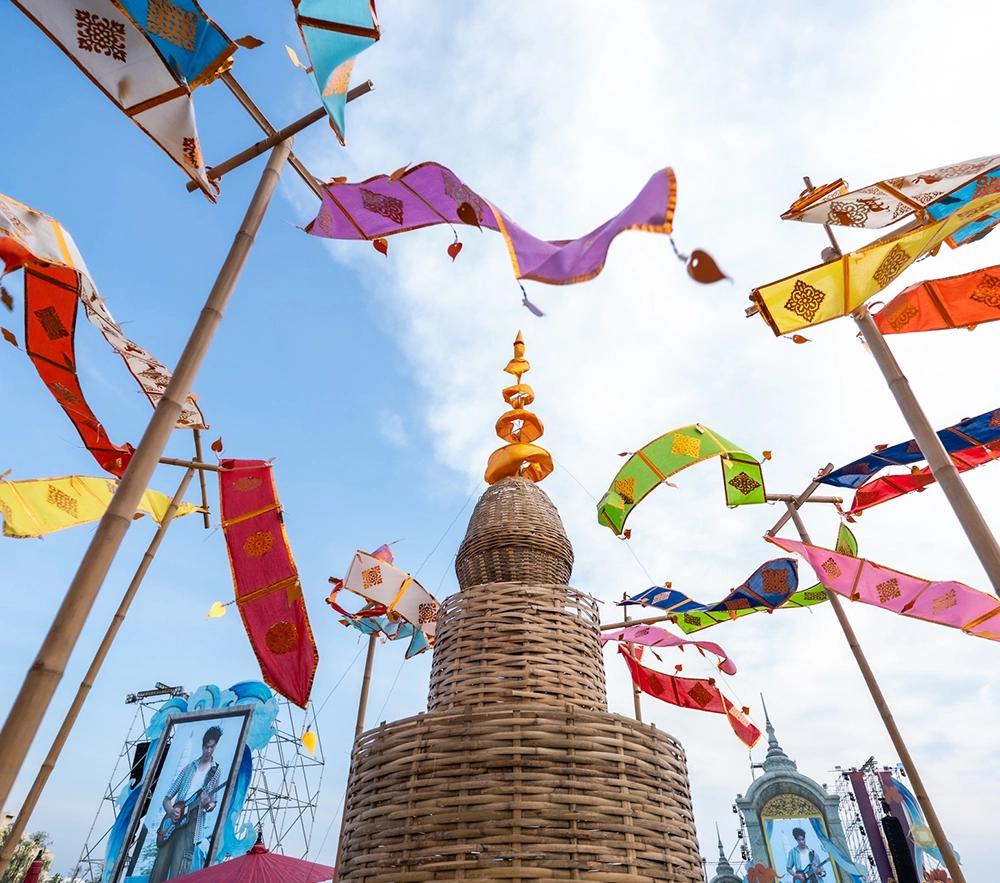
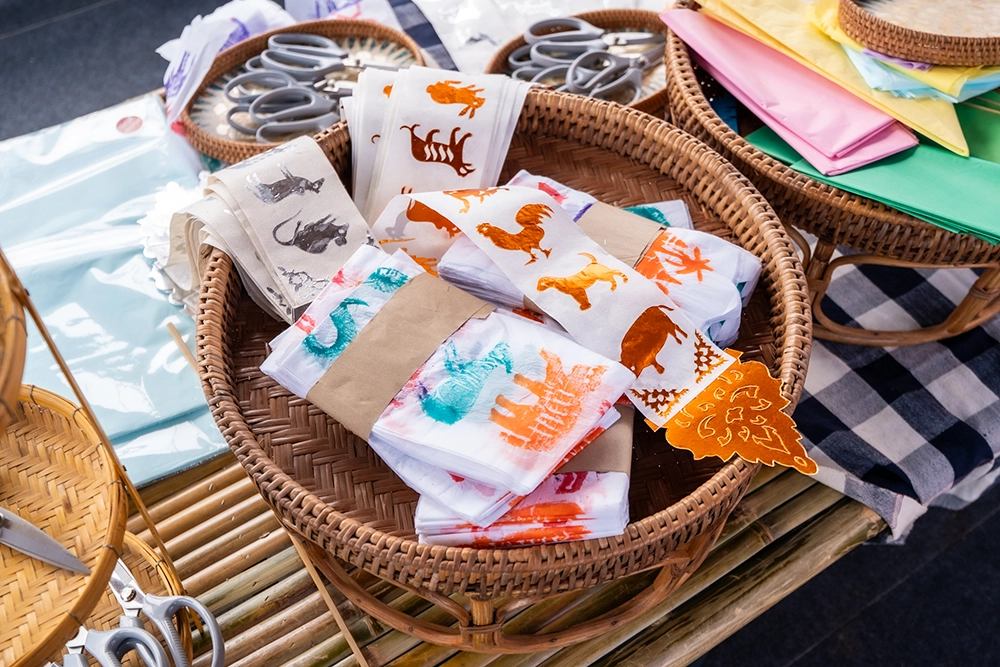
Under the theme “Grand Festivity,” the festival combines cultural heritage with entertainment on a scale rarely seen in the capital. Each evening features a vibrant parade of eight themed floats, representing everything from seasonal changes to the revered Thai elephant. Accompanied by more than 500 performers, the procession begins at the Democracy Monument and makes its way to Sanam Luang, showcasing traditional dress, music and pageantry that reflect the concept of “Thainess.”
Overhead, synchronised drone shows featuring 1,200 drones light up the Bangkok skyline with scenes of mythical guardians and Thai symbols. On stage, leading Thai artists such as Bodyslam, Carabao and Jeff Satur draw large crowds with nightly performances. Despite the modern production, the event remains anchored in tradition. Water-pouring rituals over Buddha statues, known as song nam phra, and ceremonies honouring elders are also part of the programme, offering moments of quiet reflection amid the exuberance.
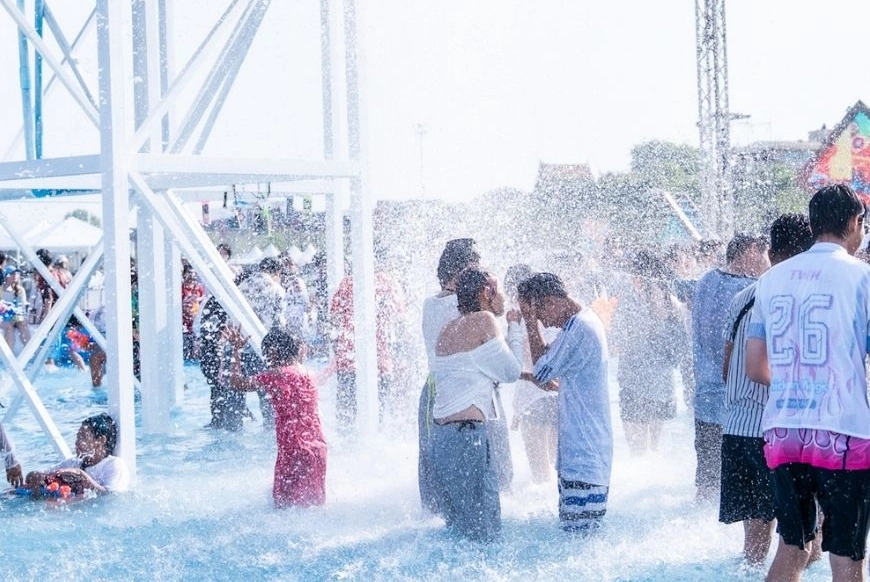
Across the square, visitors are invited to experience Thai identity in more tactile ways. Muay Thai demonstrations and traditional puppet shows run alongside food vendors offering regional snacks and sweets. A cultural zone allows festival-goers to try on local costumes, take part in traditional games, or learn ancient boxing techniques. There’s also a throwback to temple fairs of old, complete with Ferris wheels and haunted houses—albeit with everything thoroughly soaked in water.
The festival also highlights sustainability. Waste management stations have been set up by PTT Global Chemical to promote recycling and upcycling of plastics, in an effort to manage the environmental footprint of the large-scale event.
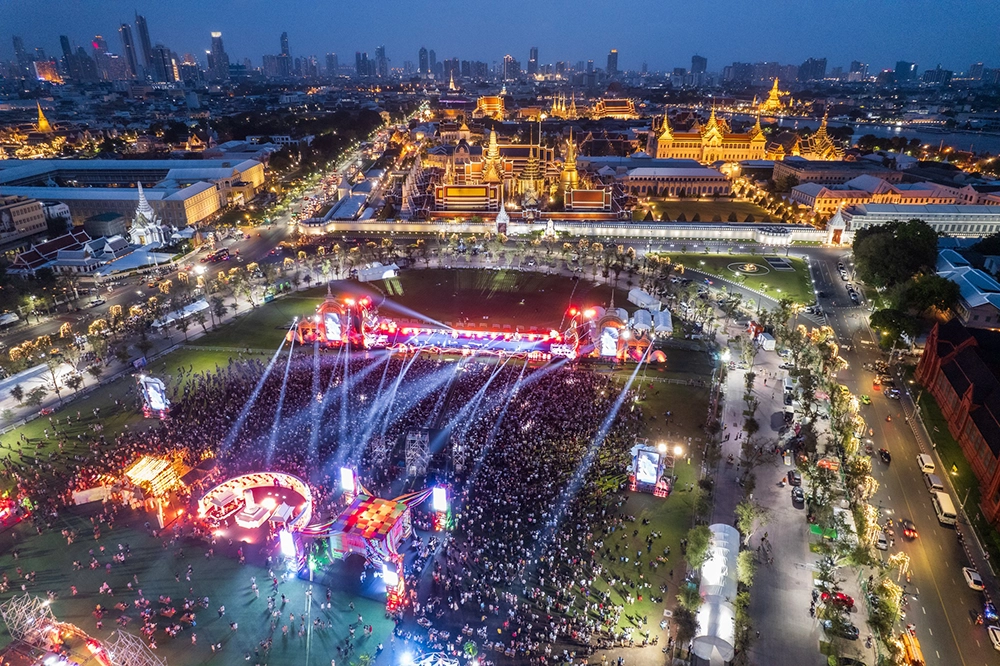
Transport services include free shuttle rides from MRT Sanam Chai and Central Pinklao, with extended parking available around the city to accommodate the daily crowds. The festival is open from 3 pm to 11 pm each day.
Beyond Sanam Luang, Songkran celebrations ripple out along the Chao Phraya River. Twelve riverfront spots, including Wat Pho, Wat Arun, Khlong Ong Ang, Chinatown and Asiatique, offer riverside rituals and traditional performances from 9 am to 6 pm Free boat shuttles link these sites, allowing visitors to “Songkran-hop” across the river’s cultural landmarks.
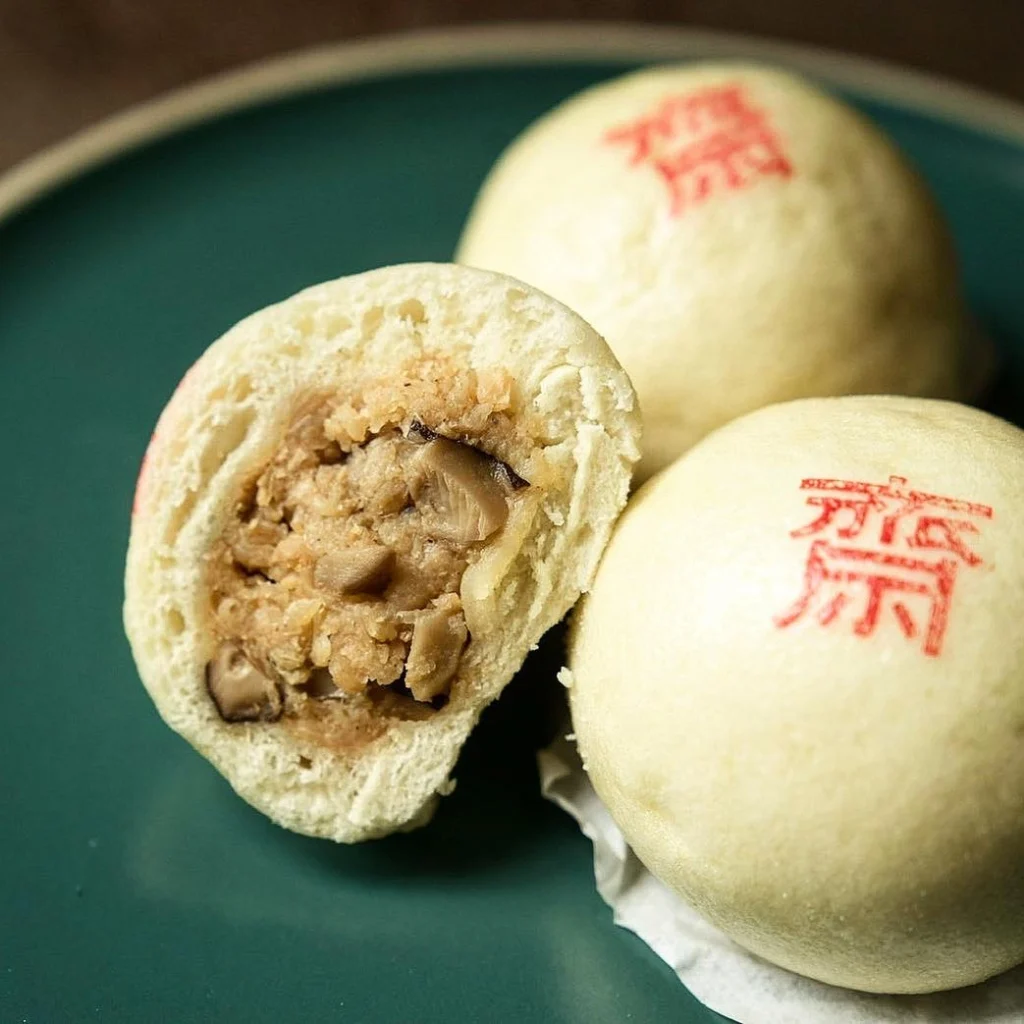
VISIT BANGKOK
A Stroll Through Song Wat
Tucked away in Bangkok’s historic Chinatown, Song Wat Road is a journey through time. Once the city’s Spice Road, it was a bustling hub where Indian, Chinese, and Thai merchants lived and traded. Overlooking the Chao Phraya River, this storied district blends old-world charm with a fresh wave of artistic and culinary innovation. Centuries-old shrines and warehouse-turned-galleries sit alongside Michelin-starred restaurants and hidden coffee houses, making Song Wat a fascinating neighbourhood to explore on foot.
>> Full Story
Meanwhile, the wilder side of Songkran plays out in Bangkok’s streets. From 13 to 15 April, Khao San Road becomes a raucous water war zone, drawing backpackers, locals and expats into a communal soak. At Silom, the financial district’s broad boulevard hosts its own blend of family-friendly fun and party atmosphere, complete with music and street food.
Over in Siam Square, a shopping and youth culture hub, the “Songkran Siam Pha Khao Ma” festival puts a playful twist on the tradition. Streets are turned into splash zones, with games, live music and performances ranging from Thai pop and country to mor lam, a popular folk genre, all led by local bands and university groups.
Across the capital, the message is clear: in Bangkok, Songkran is not just a celebration—it’s a full-on cultural phenomenon.


